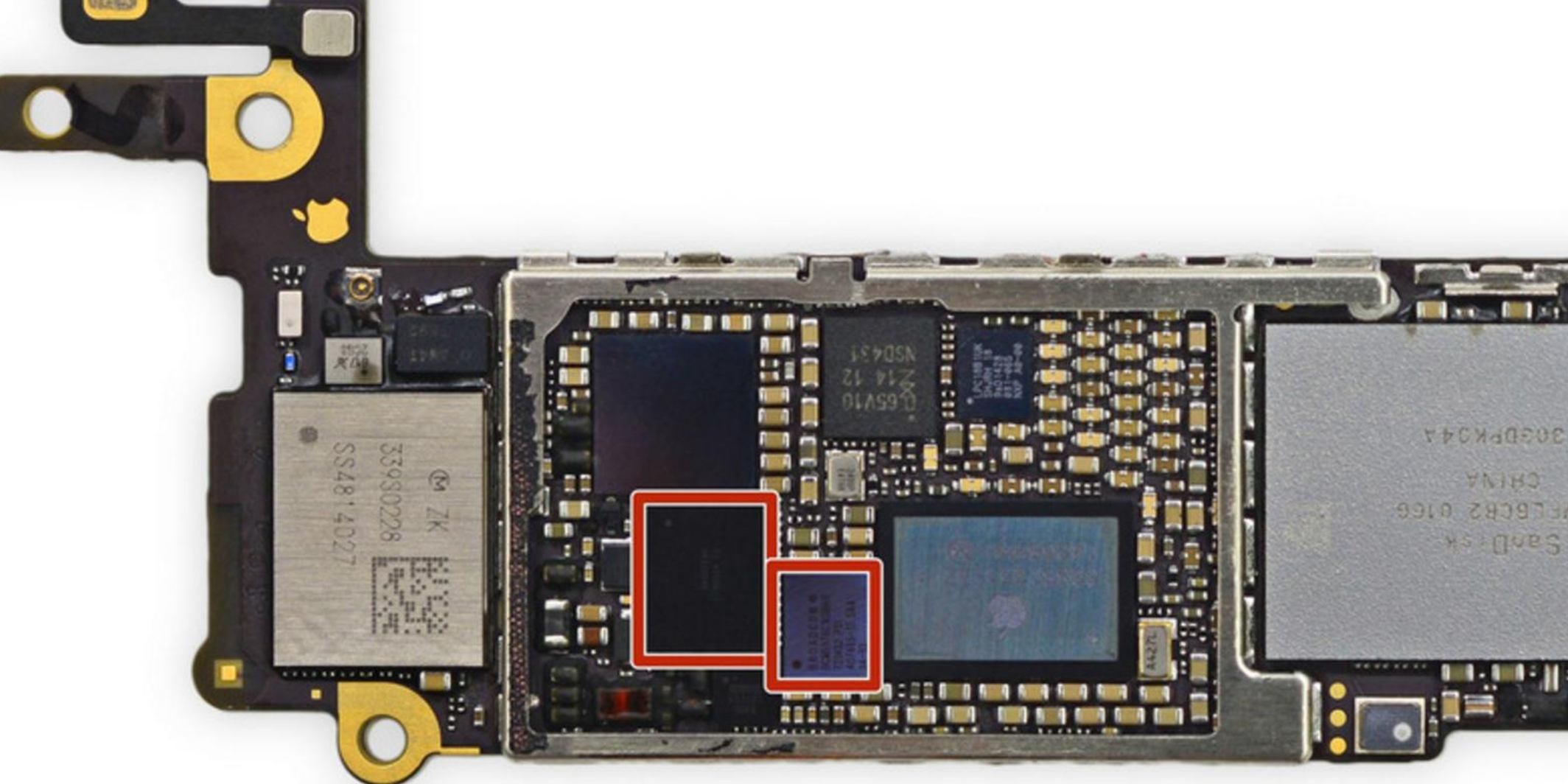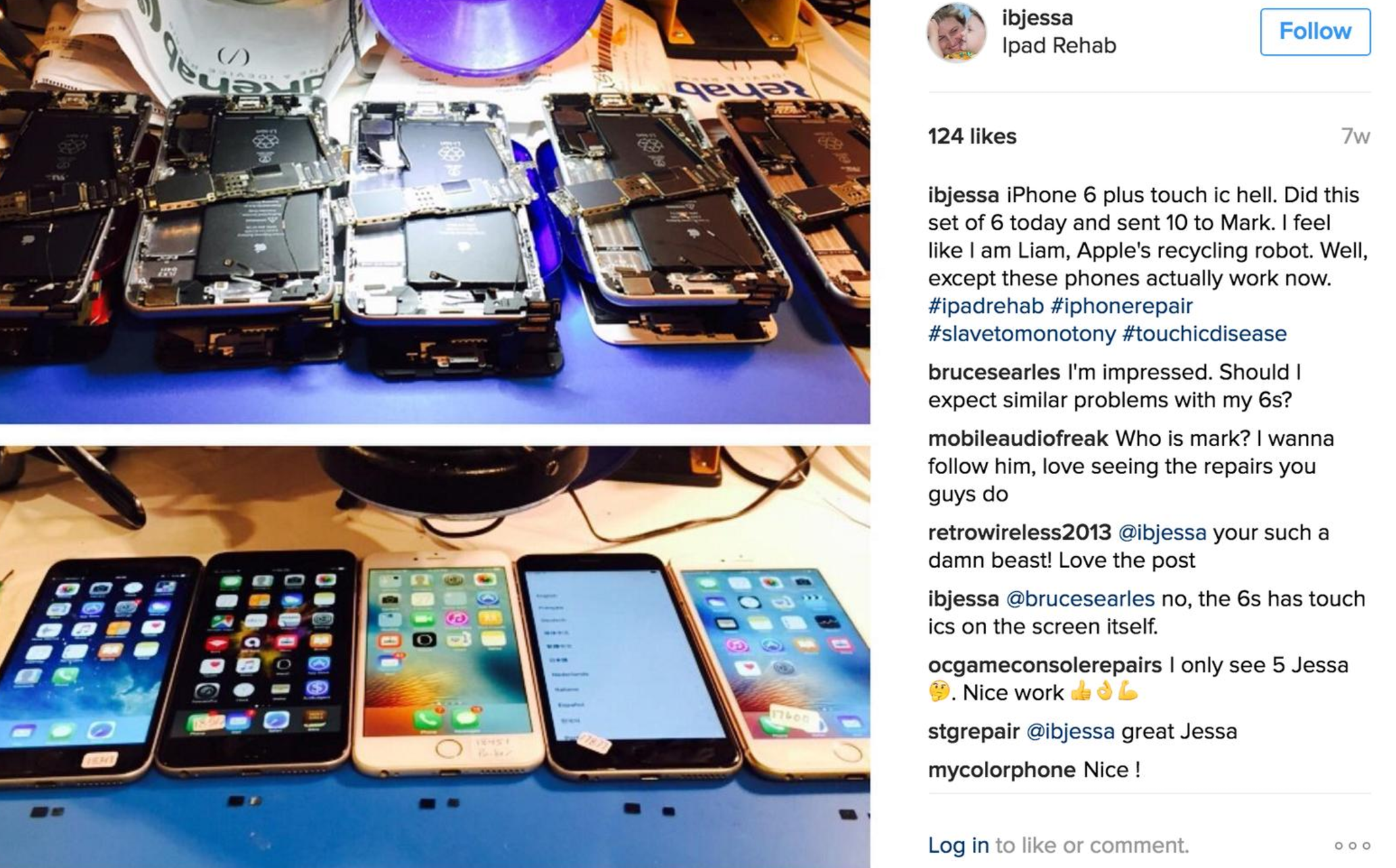As Apple readies its annual reminder that the expensive smartphone in our pocket is now obsolete, you are, no doubt, wondering if it’s time for a new iPhone. The yearly refresh and the iPhone Upgrade Program have conditioned us to want to get a new device every single year.
But most of us don’t need a new phone, of course, and lots of our iPhones will probably last at least a few years, especially if you’re willing to replace the glued-down battery, which has a limited lifespan. But on this iPhone Day, it’s worth considering how long Apple expects an iPhone to last. When it released its iPhone 7 Environmental Report a year ago, Apple wrote that it “conservatively assumes a three-year period for power use by first owners,” which is “based on historical customer use data for similar products.”
Greg Joswiak, Apple’s VP of iOS, iPad, and iPhone Marketing, told Buzzfeed last month that iPhones are “the highest quality and most durable devices. We do this because it’s better for the customer, for the iPhone, and for the planet.”
But in court, Apple argues that it is only responsible for ensuring the iPhone lasts one year, the default warranty you get when you buy an iPhone. For comparison, if you enroll in Apple’s iPhone Upgrade Program, you will be paying for your new phone for two full years.
We know this because Apple is currently fighting a class-action lawsuit over the widespread premature failure of tens of thousands of iPhone 6 and iPhone 6 Plus devices due to a design flaw that’s become known as “touch disease.” In that court case, currently being litigated in California, the plaintiffs attempted to argue that “consumers reasonably expect that smartphones will remain operable for at least two years when not subject to abuse or neglect because the overwhelming majority of smartphone users are required to sign service contracts with cellular carriers for two year periods.”
Apple’s motion to dismiss in that case noted that the plaintiffs’ phones broke more than a year after they were purchased, which is after the warranty expired. If your phone breaks after the warranty is up, well, you’re out of luck, Apple argues.
Arturo González, the lawyer representing Apple in the case, wrote in the motion—filed in April and embedded below—that it is “not appropriate for courts to rewrite the express terms of a warranty simply because of a consumer’s unilateral expectations about a product.”
“Nowhere do plaintiffs allege that the iPhone 6 or 6 Plus deviated from Apple’s intended design”
“To hold Apple’s Limited Warranty substantively unconscionable simply because Plaintiffs expect their iPhones to last the length of their cellular service contracts ‘would place a burden on [Apple] for which it did not contract,'” the company continued. It is worth noting that if you who enroll in the iPhone Upgrade Program, in which you can get a new iPhone from Apple every year for a monthly fee, you will pay for your device over the course of two years (the 24-month term resets each time the phone is upgraded to a new device. In exchange for becoming a possible lifelong Apple customer, this option comes with an extended warranty.)

In the case of touch disease, normal use of the iPhone 6 and iPhone 6 Plus resulted in the phone often imperceptibly bending back and forth every time users put it in or removed it from their pockets. Over the course of months, this flexing leads to touchscreen controller called the Touch IC chip losing its soldering contact with the Logic Board, creating intermittent touchscreen functionality and, eventually, total failure.
The plaintiffs in the court case argued that Apple should have disclosed the problem much earlier than it did. (Apple eventually set up a replacement program in which affected customers could get a refurbished phone for $149.) Again, this was a widespread issue that independent repair professionals say occurred with normal use of the phone.
Also at issue in the case is whether touch disease is a “manufacturing defect” or a “design defect.” The plaintiffs did not attempt to argue that it was a manufacturing defect, and Apple’s lawyers say they also can’t prove it was a design defect and not what Apple originally intended.
“Plaintiffs’ allegations that ‘the decreased strength and durability in the external casing causes the soldering on the touch IC chips to fail’ constitute an alleged design defect,” González wrote. “Nowhere do plaintiffs allege that the iPhone 6 or 6 Plus deviated from Apple’s intended design.”

“A product manufacturer has no duty to disclose an alleged defect that arises after the express warranty elapses unless it is a safety-related defect,” González continued. “Courts have expressly held that a defendant is under no duty to disclose a latent defect that occurs outside the warranty period, unless at the time of sale, Apple ‘knew with certainty that the product at issue or one of its components would fail.'”
To win a court case, it makes perfect sense that Apple’s lawyers would argue that it’s only required to make phones that last the duration of its warranty. But outside the courtroom, Apple says in its environmental reports that the average iPhone is used for three years, and its spokespeople say it makes the “most durable” phones (which isn’t necessarily untrue—iPhones maintain their resale value better than any other smartphone.) Apple did not respond to my request for comment.
In court, meanwhile, Apple argues that customers should either buy an extended warranty or not buy an iPhone at all if they have the expectation that Apple is going to remain liable for design flaws that happen after the warranty period expires.
“Apple’s Limited Warranty expressly provides for a return if the consumer does not agree to ‘ the terms of the warranty,'” González wrote. “Plaintiffs’ allegations about the duration of cellular telephone service plans or financing options cannot change the clearly stated one-year warranty that has always applied to Apple’s iPhones … Plaintiffs had the options of purchasing a smartphone from a third party or purchasing an extended service plan to extend the duration of the one-year warranty.”
Apple’s iPhone warranty is similar to other warranties we expressly agree to when we buy electronics. But Apple and other companies have increasingly maintained strict control over their products after they’ve been sold. If you hack or modify your devices, you are messing with the manufacturer’s software and product. But if the product breaks, you have broken your device.
“What it highlights is the increasingly blurriness of the distinction between products and services, and the way companies use that blurriness to their advantage. When it suits them, companies treat software-embedded devices as services,” Aaron Perzanowski, a law professor at Case Western Reserve University and author of The End of Ownership, told me in an email. “When the role of service provider is inconvenient, as when a leased/licensed product needs repair or replacement, companies are quick to embrace the caveat emptor mentality we associate with standalone products.”
I do not subscribe to conspiracy theories that the Apple has planned obsolescence into the iPhone, and there are lots of people who are still rocking 2013’s iPhone 5S (and a Flickr device search shows that earlier models are still being used, too).
Apple’s argument here is a legal one when faced with litigation, and so it makes sense that it would argue that its warranty—which is a legal document after all—is the measure by which the durability of its phones should be judged. But if something goes wrong with your iPhone (and the iPhone 6’s Touch Disease shows that this is a very real possibility), you can only expect your phone to last one year and no longer.



